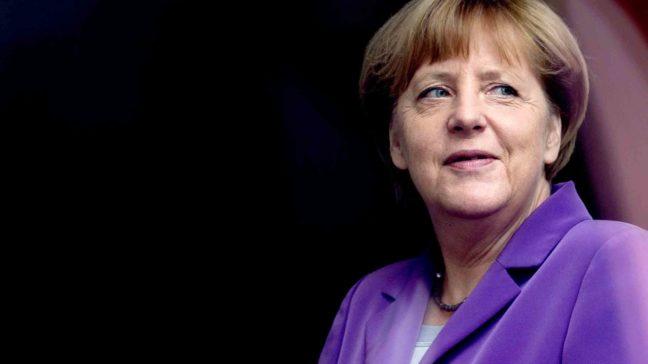Europe includes many nations that have been traditional allies of the United States and have always upheld Western values. Over the last several years, the continent has been affiliated with economic stagnation, new foreign policy threats in Russia and ISIS, unfavorable demographics and the enormous logistical challenge of supporting over a million refugees from the Middle East.
To be an informed citizen, one must follow elections nationally and internationally. With Europe finding itself increasingly stressed from these numerous problems, voters in three countries have an opportunity to elect candidates and parties that will alter globalization, lead to the demise of the European Union and change foreign relations with the U.S.
On April 23, the French will vote in the first round of their presidential election. Any conversation about the current state of French politics should start with Marine Le Pen of the National Front. Like President Donald Trump, she has tapped into the anger of establishment politics. She praises the American president for promoting “a form of intelligent protectionism, of economic patriotism.” She wants France to be thoroughly independent, which means leaving the European Union and NATO.
While she could become Trump’s ideological soulmate, her opposition to NATO could threaten Western strategic interests. As of now, Le Pen dominates in the polls and is guaranteed to enter the second round, but winning the presidency becomes difficult after that.
The first of Le Pen’s two opponents is Emmanuel Macron, who left the current fledgling administration to form his own political party called On the Move. At 39, he would become France’s youngest president if elected. Macron is a centrist, pro-European candidate who is heavily favored by voters with college degrees in metropolitan areas. His greatest weaknesses are that he often lacks substance and is prone to gaffes. Nevertheless, he is the best hope for establishment and left-wing voters, though one can easily see him differing from Trump on many topics.
The final candidate of the top three wants to take France in a decisively conservative direction. François Fillon, the Republican Party’s nominee, could be considered the country’s Ronald Reagan or Margaret Thatcher. Fillon wants to battle the trade unions and slash 500,000 civil servants to implement tax cuts and create “the greatest European power” in 10 years. A former prime minister, he is facing trouble for hiring his family, but not actually having them do any work. Even so, 70 percent of French conservatives still back him.
The Dutch will vote for who will represent them in their House of Representatives on March 15. Although a small nation, an establishment defeat here could make the fall of the European Union inevitable. Just like in France, the nationalists are in the lead. Geert Wilders of the Party for Freedom promises to close the borders, ban headscarves and end EU membership, effectively cutting foreign aid. He’s a vocal supporter of Trump.
While the PVV is expected to be the largest after March 15, it is unlikely to have a majority and most of the other parties are not interested in a coalition. A coalition between multiple mainstream parties could act as a levee against the nationalist wave in the Netherlands.
A secondary problem for the establishment, even if they form a coalition, is a 2015 bill that was pushed through by nationalist politicians. It requires the government to hold a national referendum if a petition is signed by a minimum of 300,000 people and in the current eurosceptic environment it can be used to block further actions by the EU.
A year ago, any expert in German politics would have said that Angela Merkel’s premiership was unstoppable. This is no longer the case. The German chancellor’s center-right Christian Democratic Union is facing a sudden surge of opposition from the center-left Social Democrats, under the new leadership of Martin Schulz.
Support for the CDU has declined since Merkel’s decision to offer asylum to the many refugees who’ve entered Europe. This decision led disaffected voters to join the Alternative for Germany, a party that draws inspiration from Trump. The mix of the AfD acting as a spoiler and the SPD rising to new heights, Merkel’s fourth term is in jeopardy. She probably won’t receive any help from Trump, who has attacked her decision on the refugees.
In an effort to bring back the voters she lost, Merkel is reportedly going to declare an agenda of tax cuts, stronger homeland security and the promotion of traditional family values for her fourth term. A victory for the CDU on Sept. 24 will depend on whether right-wing voters want to return to a leader who has abandoned many of the principles they hold dear.
European voters will keep the 2016 U.S. presidential election in mind when they vote. Many voters like the populist wave, while others shudder at it. Trump’s foreign policy could go smoothly or rigidly (and will probably indicate who he will be praising or hectoring on Twitter).





















